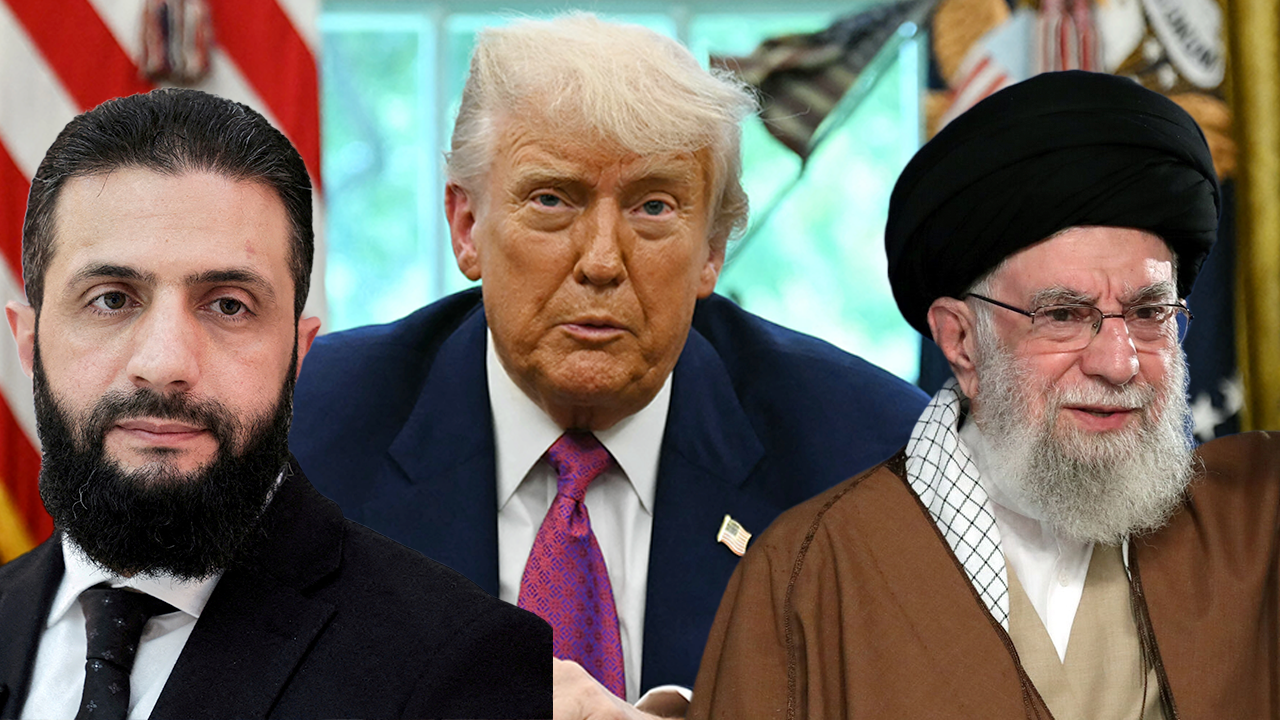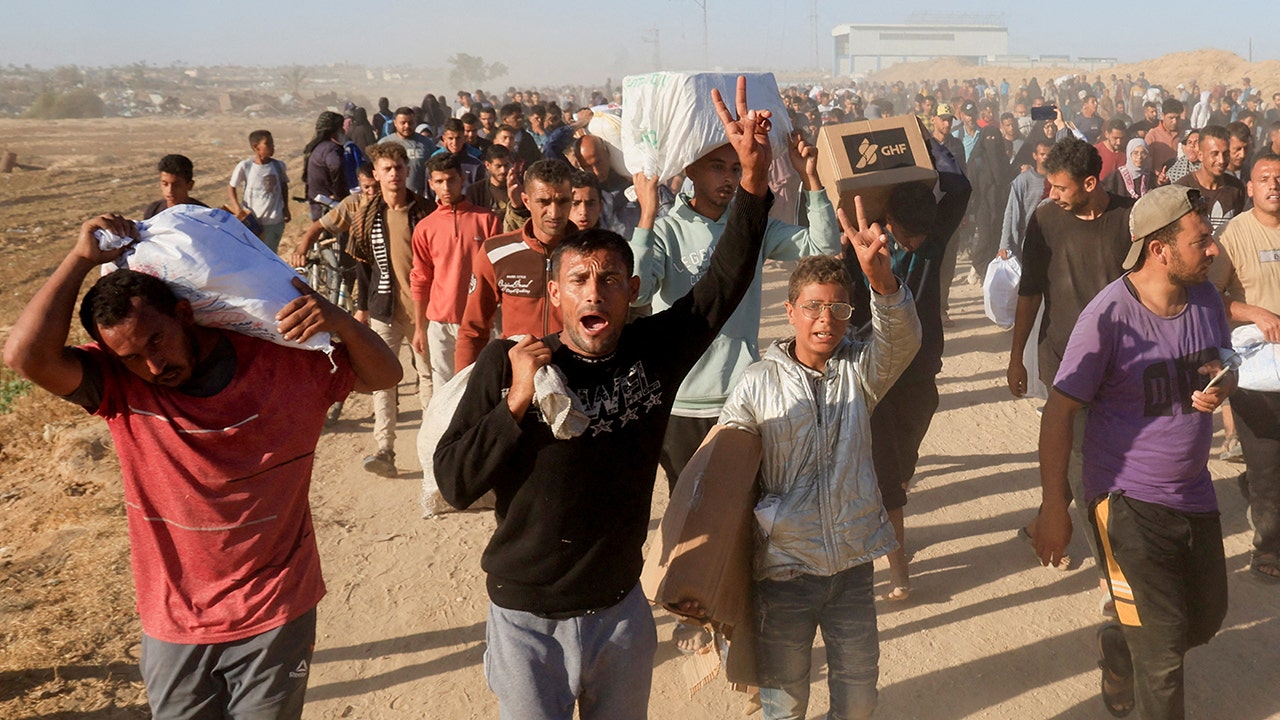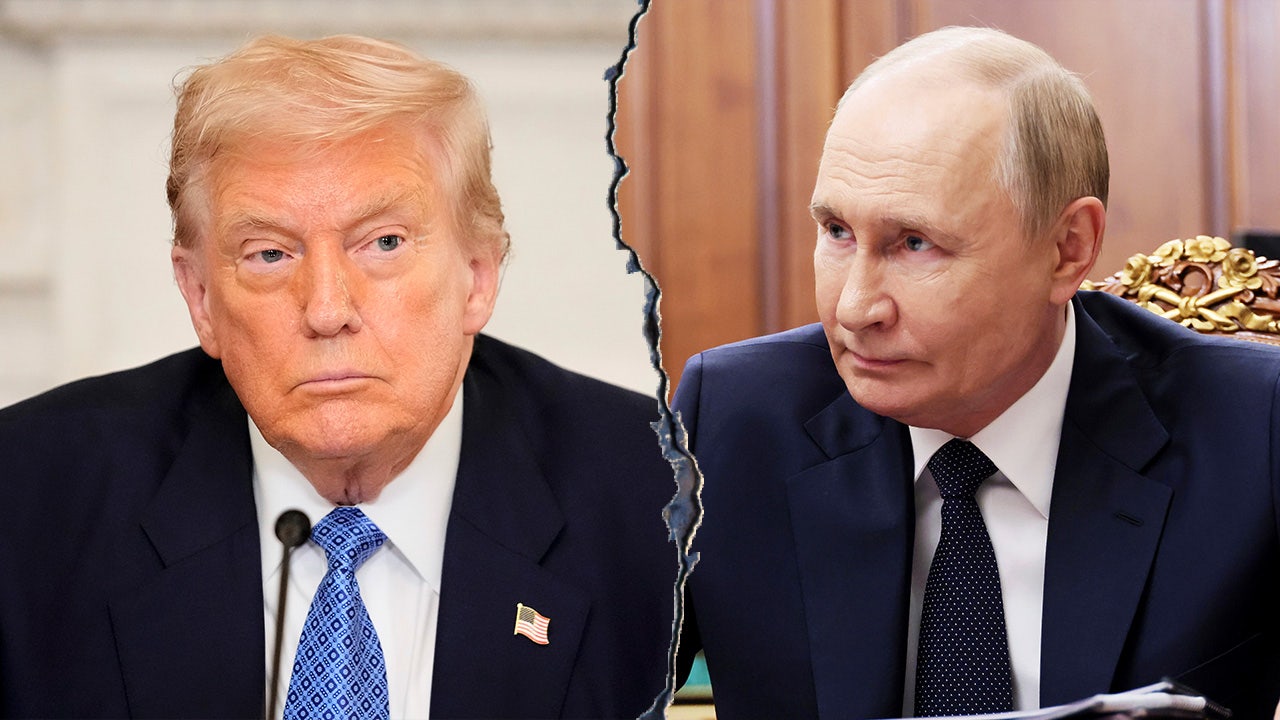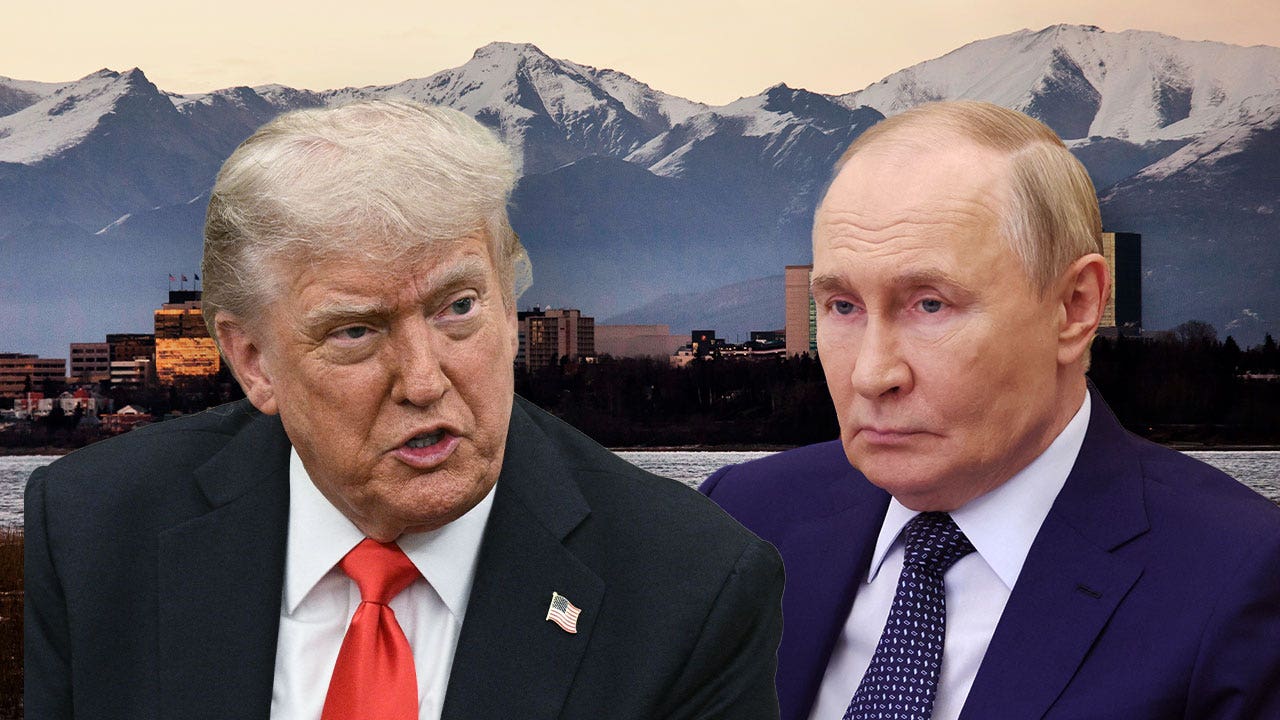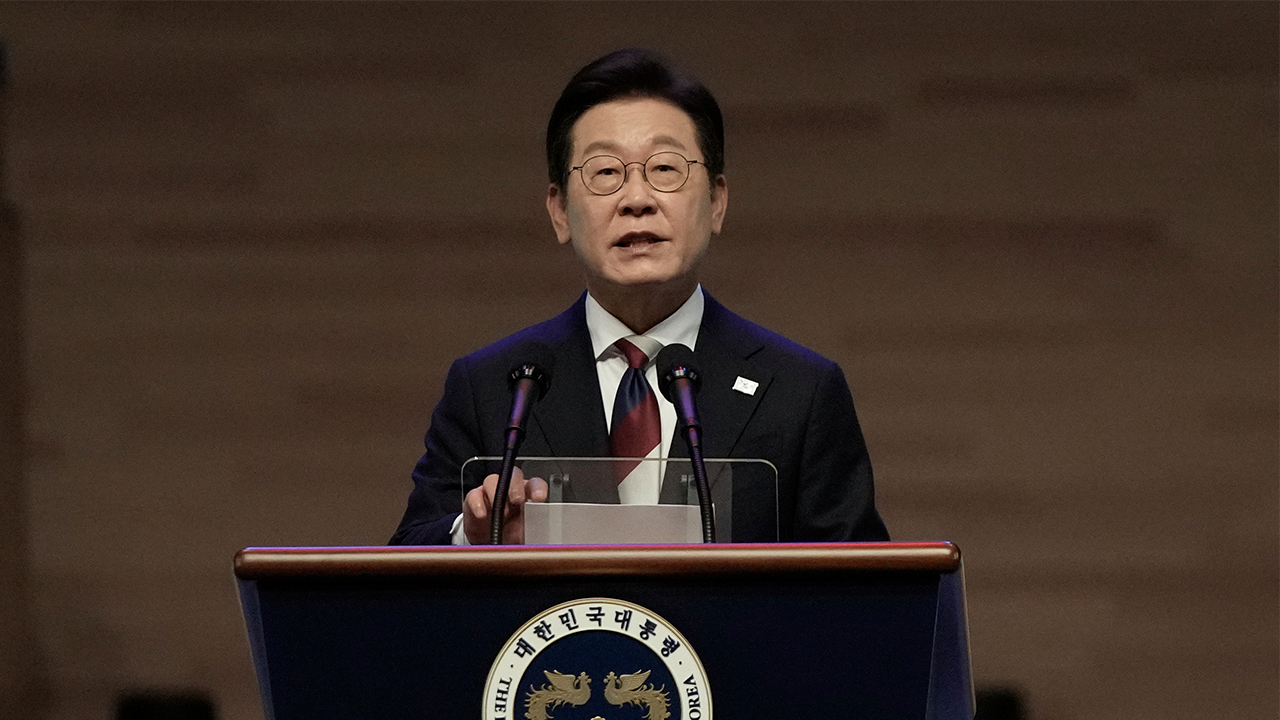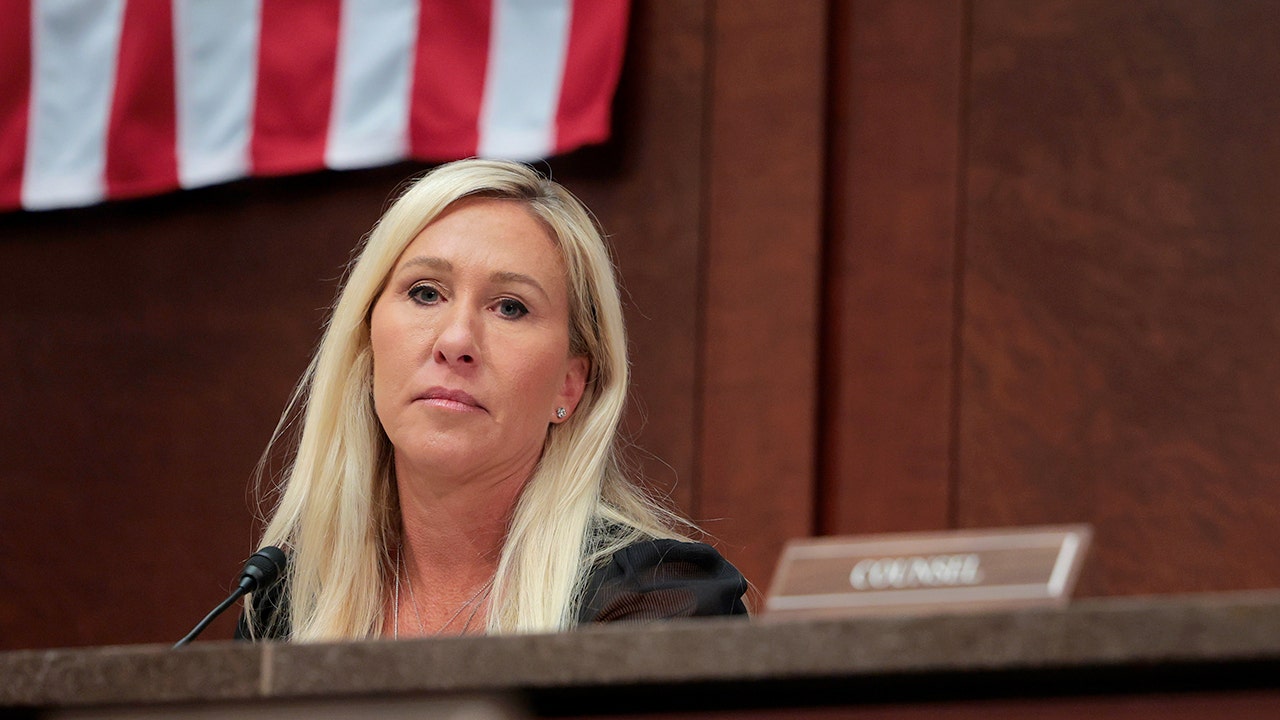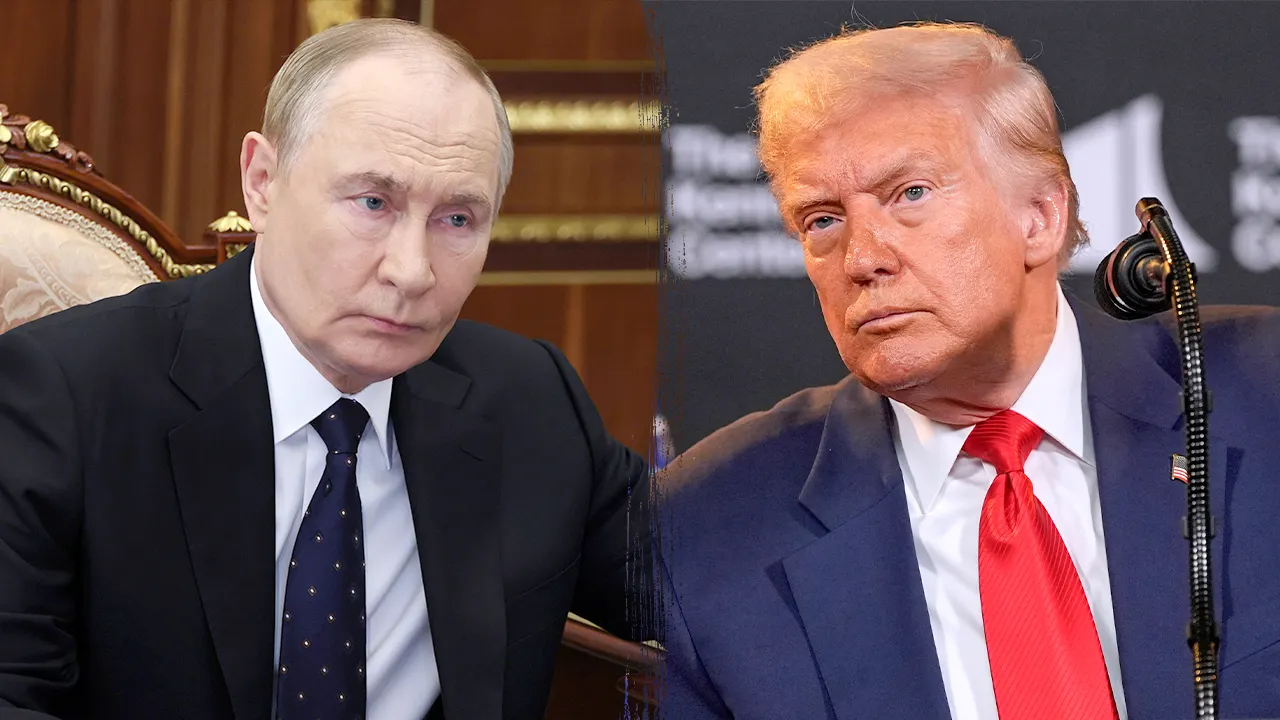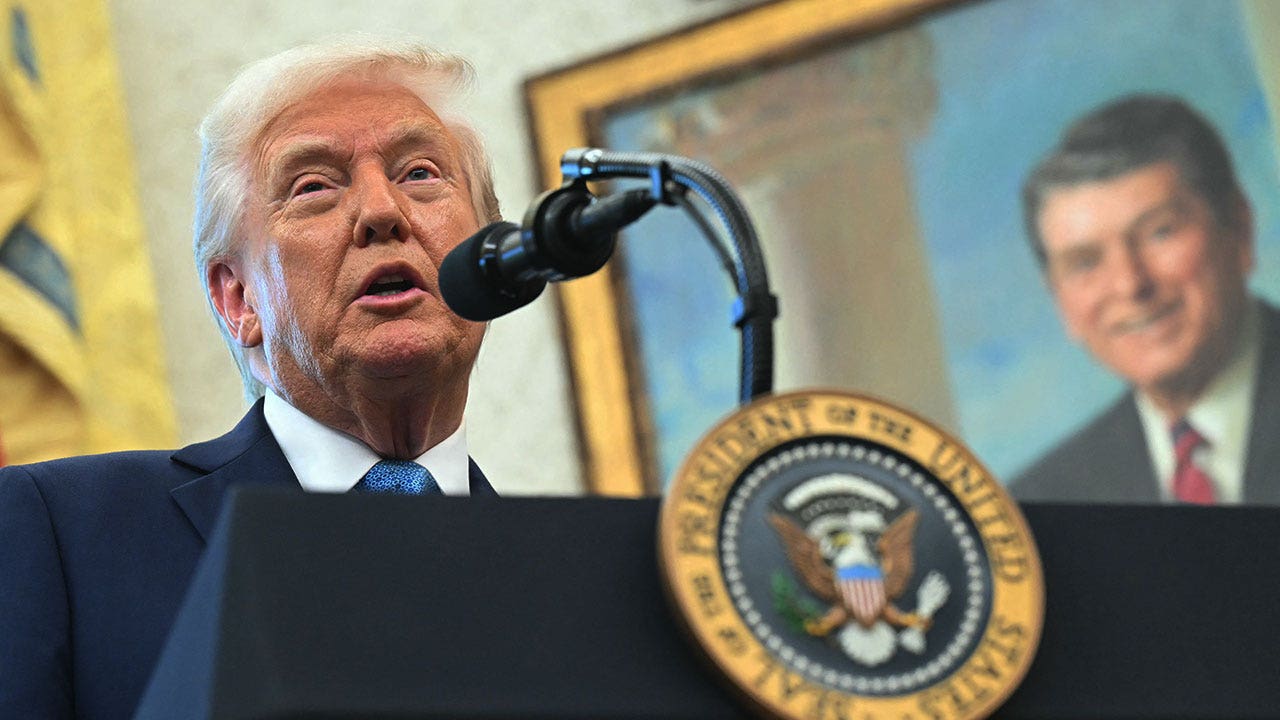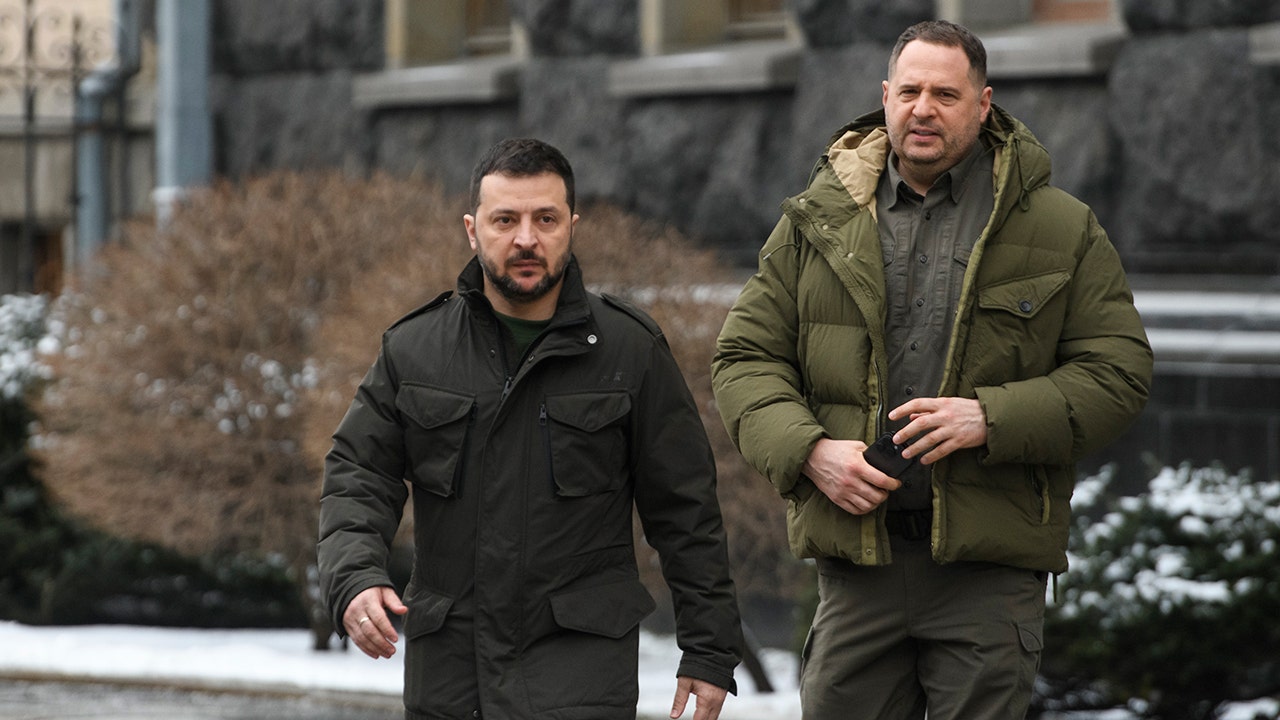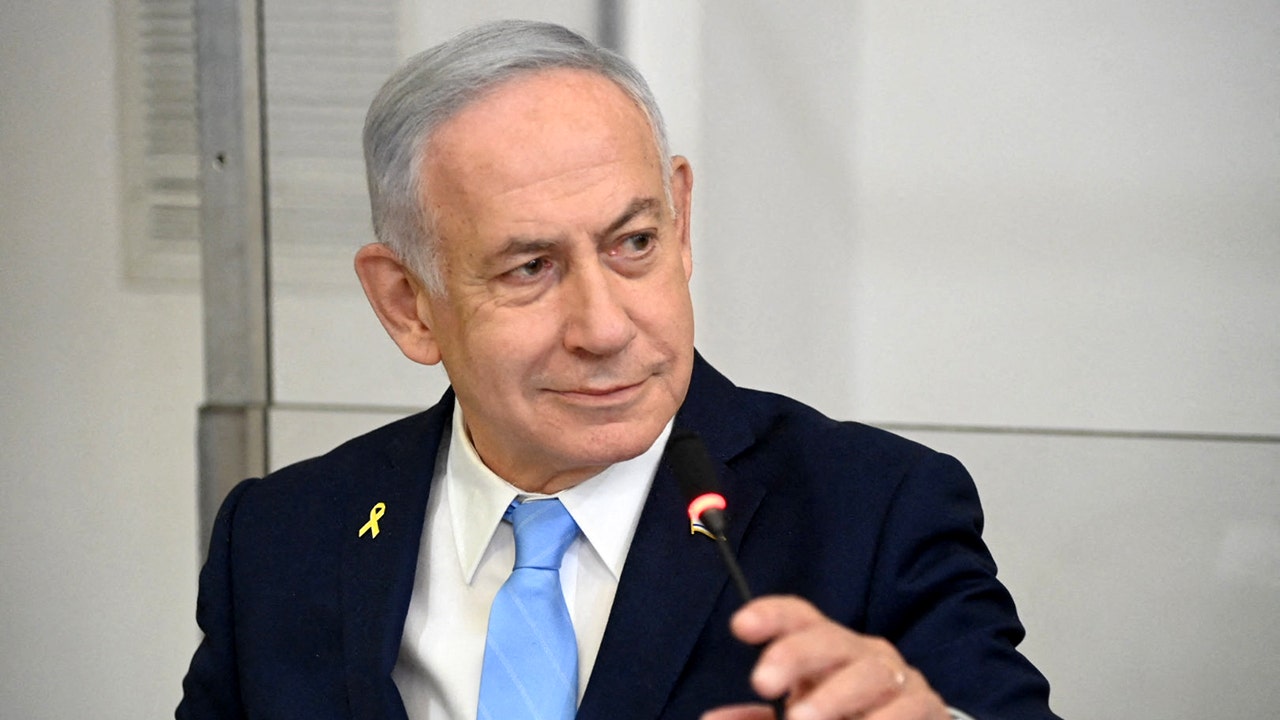President Donald Trump last week announced he would normalize U.S. relations with Syria by lifting decades-old sanctions, and he became the first American president to meet with the leader of the Middle Eastern nation in 25 years – a move that some have seen as an indirect hit on Iran.
The news was a surprising shift from Trump’s prior position in which he said in a December post that “Syria is a mess, but is not our friend, & THE UNITED STATES SHOULD HAVE NOTHING TO DO WITH IT.”
Trump’s change of posture is a gamble that could see serious gains regarding regional stability and securing U.S. interests by deterring Iranian influence, explained Behnam Ben Taleblu, Iran expert and senior fellow with the Foundation for Defense of Democracies.
US AMBASSADOR BARRACK NAMED SPECIAL ENVOY TO SYRIA AMID SANCTIONS RELIEF PLAN
“This is what I call a high-risk, high-reward gamble, but one that, if achieved successfully, can actually prevent Syria from being a launching pad for more Iranian malign activity,” Ben Taleblu told Fox News Digital. “But if it fails, . . . Washington would have ended up empowering a jihadist government in Damascus [that] does not have full control over its own territory.”
The December collapse of the Bashar al-Assad regime following the takeover by Hay’at Tahrir al-Sham (HTS), a former al-Qaeda affiliate, not only signified an end to a decades-long oppressive regime, it also effectively dismantled years of Iranian investment in a major setback to its regional influence.
Trump emphasized that this sanctions relief, which he argued will give the country a chance to recover and was soon followed by an EU order to lift sanctions, is a move to encourage Syria to normalize diplomatic ties with Israel.
But Syrian President Ahmed al-Sharaa, who is also the leader of HTS, which is still a designated terrorist group under the U.S. and the UN, has not officially agreed to pursue diplomatic ties with Jerusalem – a push several Middle Eastern nations have flatly rejected amid its aggressive military operations in the Gaza Strip.
Trump also emphasized that the new Syrian government needs to suppress the rise of Islamic extremist groups, which Ben Taleblu pointed out is going to be one of the nation’s chief vulnerabilities as it looks to completely re-establish itself in the world order as trade, business and diplomacy have been reopened to Damascus.
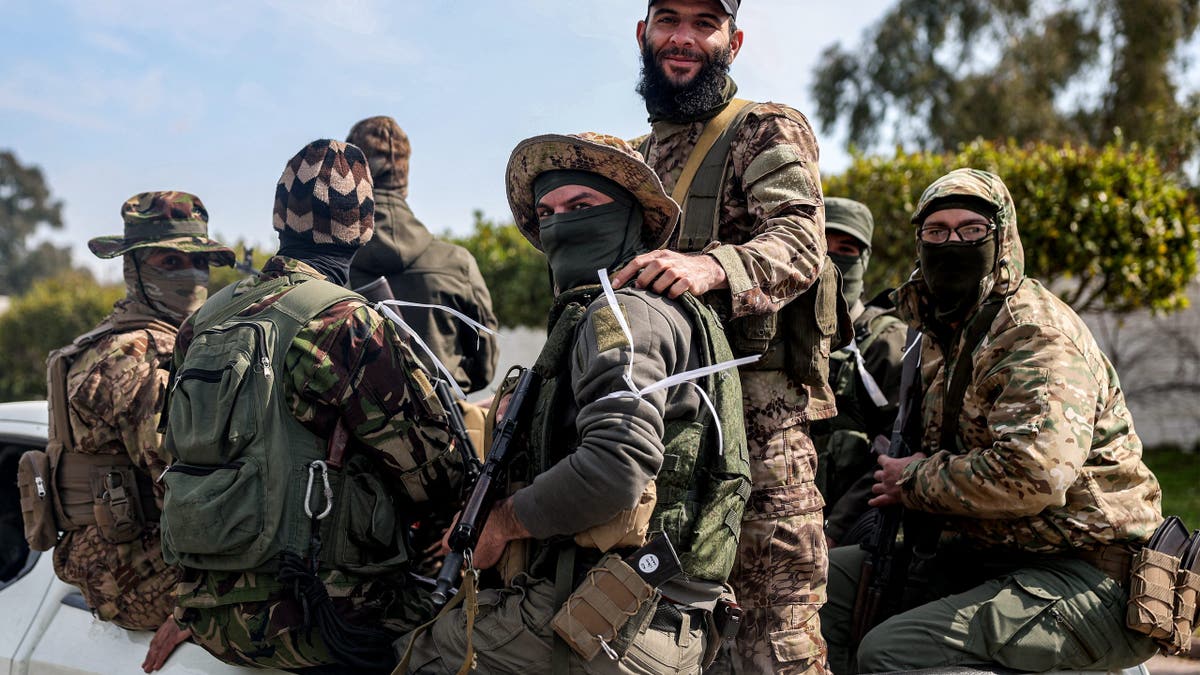
IRAN’S KHAMENEI LAUNCHES BLISTERING ATTACK ON TRUMP AFTER MIDDLE EAST VISIT
“Tehran traditionally responds to these sorts of things with patience. The Islamic Republic has an ideological view of the way the region should be oriented, and has put time, money, resources, blood and treasure towards that,” Ben Taleblu said.
The Iran-expert explained that Tehran is waiting for the U.S. and Israel to loosen its pressure on the regime and its proxies, “and for Washington and Jerusalem to make mistakes in the region as they try to push towards bigger-picture things – like flipping Syria or regional peace and stability.”
“And it is there that in the interim, while Washington focuses up on building up states that Tehran will focus on building up proxies and partners,” he added.
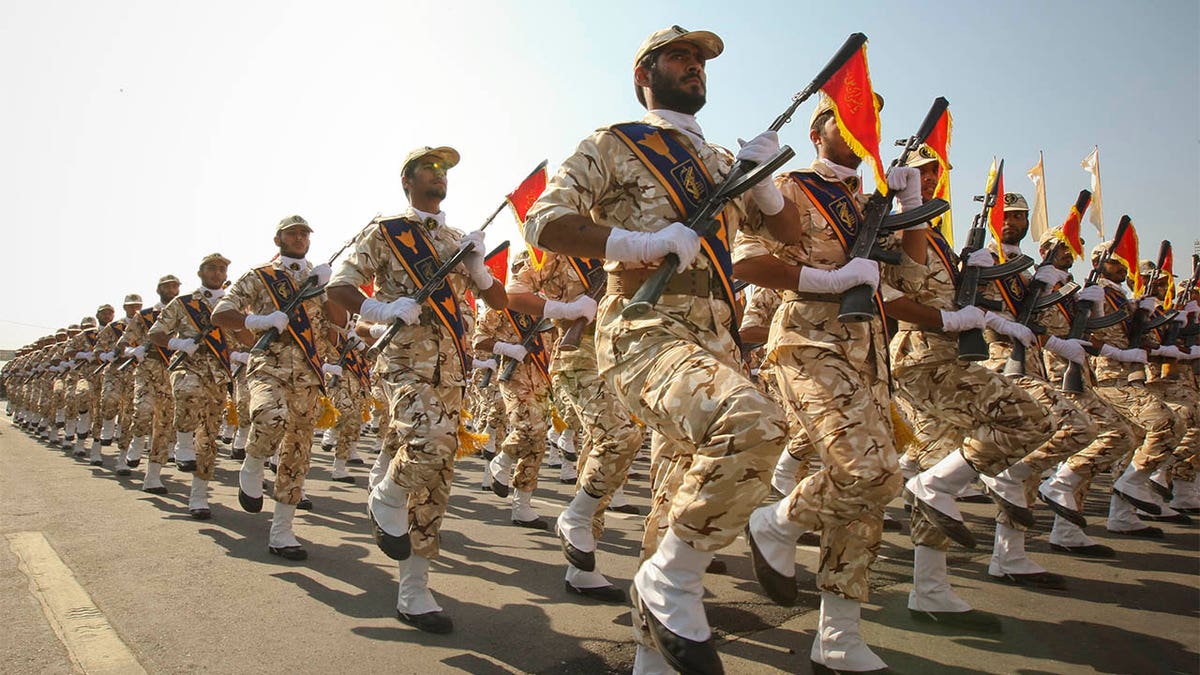
Syria is not a united nation as conflict persists across the country between varying minority groups, former regime loyalists and terrorist organizations like ISIS.
Secretary of State Macro Rubio also warned lawmakers on Tuesday that Syria could be just “weeks” away from a “potential collapse and a full-scale civil war of epic proportions.”
These fractures pose a significant vulnerability for the new Syrian government.
“Whenever there is a downtrodden or dispossessed person in a war zone or in a conflict zone, that is Tehran’s angle of entry back into a conflict,” Ben Taleblu said. “This has been Iran’s strategy, sitting and waiting and looking to exploit opportunities across the entire northern tier of the Middle East, from Iraq to Syria to Lebanon.
“Exploiting disarray is a specialty of the Islamic Republic,” he warned.
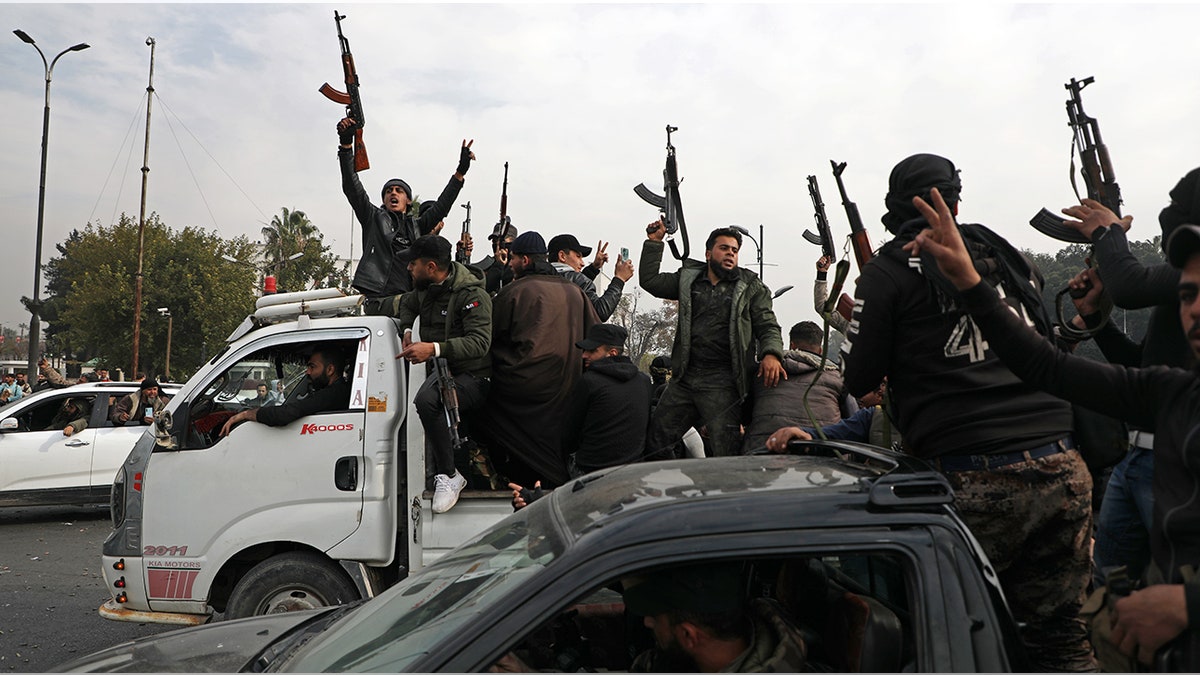
The expert explained that if the Trump administration wants to ensure that Iran is unable to exploit vulnerable populations in Syria, then it will need to press Damascus to address the sweeping concerns facing various groups across the country.
Though the president, and his constituents, notoriously opposed nation-building, which could spell trouble for the long-term security of Syria as it sits in Iran’s shadow.
“Tehran is going to be playing the long game. It’s going to be running the clock when it comes to American and Israeli patience for what the future regional order could look like,” Ben Taleblu warned.
Read the full article here



